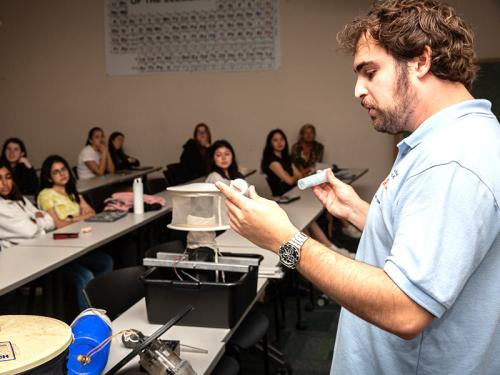
Tropical Medicine encompasses a broad range of disciplines applied to diseases that occur or have the greatest impact in the tropics (23o north and south of the equator) and the subtropics (35o north and south which includes all of Louisiana). Most low-income countries are concentrated in this zone, and here infectious diseases are particularly important. The most exciting science of the late 19th and early 20th centuries involved parasitic and viral diseases novel to countries in temperate zones.
All of medicine and science is influenced by the best and worst human tendencies. The particular burden of tropical medicine is that it developed at a time of and in response to colonialism, i.e. the control and subjugation of foreign populations by technologically more advanced nations with an aim of providing cheap raw materials and labor to the colonizing country. This was justified in some circles by diminishing the humanity of the colonized people while protecting expatriates. In other circles, the discoveries of tropical medicine were used intentionally to better the lives of all those living in the tropics. It would be a mistake to think it had only one motivation.
There is a perennial tension between the compelling scientific aspects of diseases of the tropics and the practical measures to control, alleviate, and eliminate these diseases. This tension is embodied in the terms tropical medicine versus public health or hygiene. This tension is a false dichotomy since each is an outgrowth of and dependent on the other. Vaccines are useless without vaccinations. Vaccinations are useless without vaccines.
